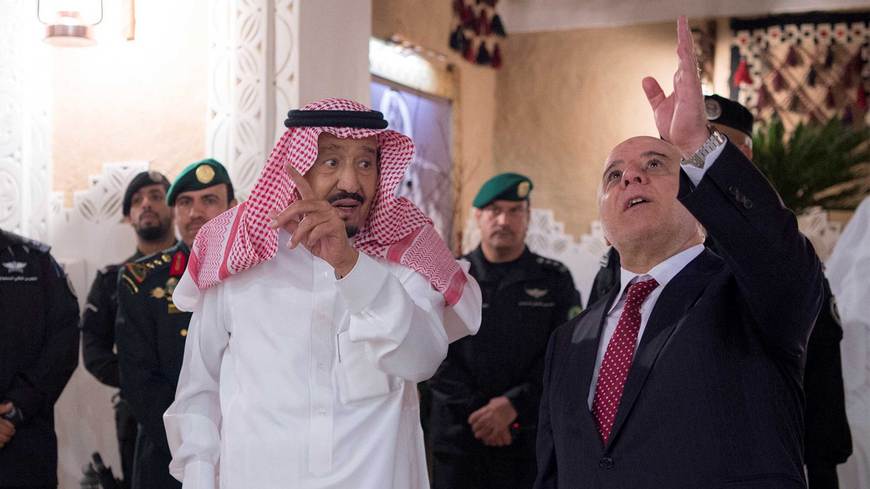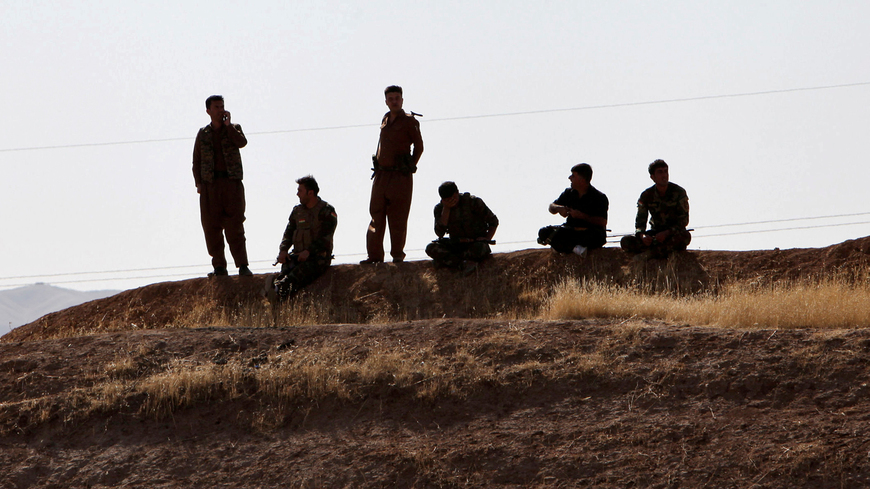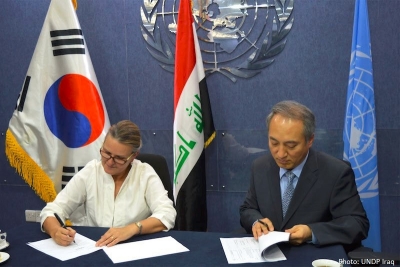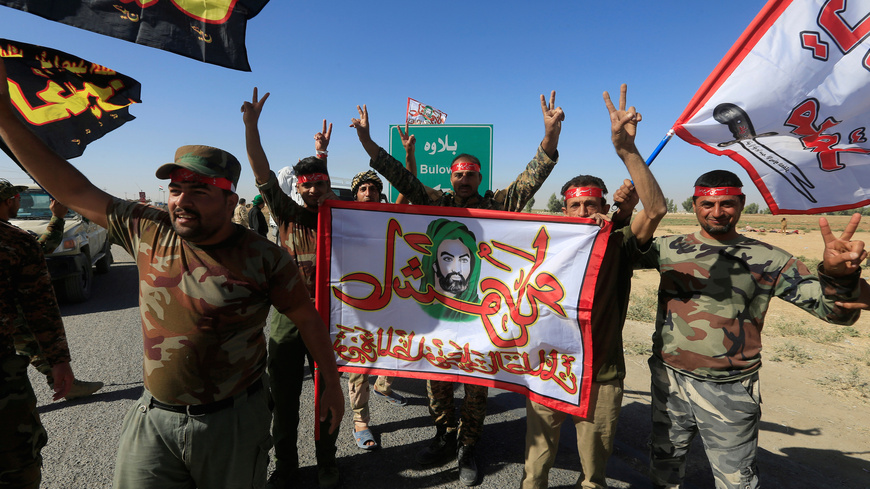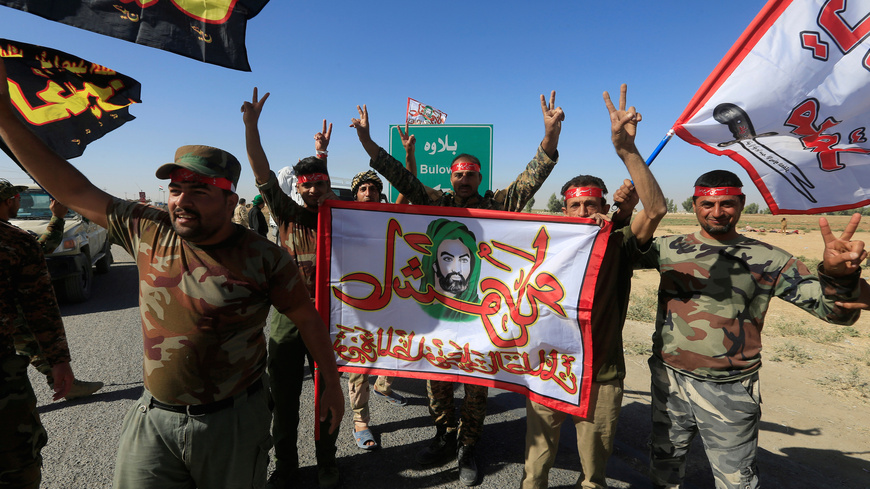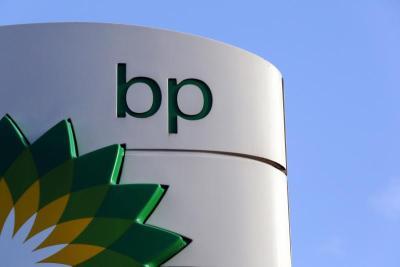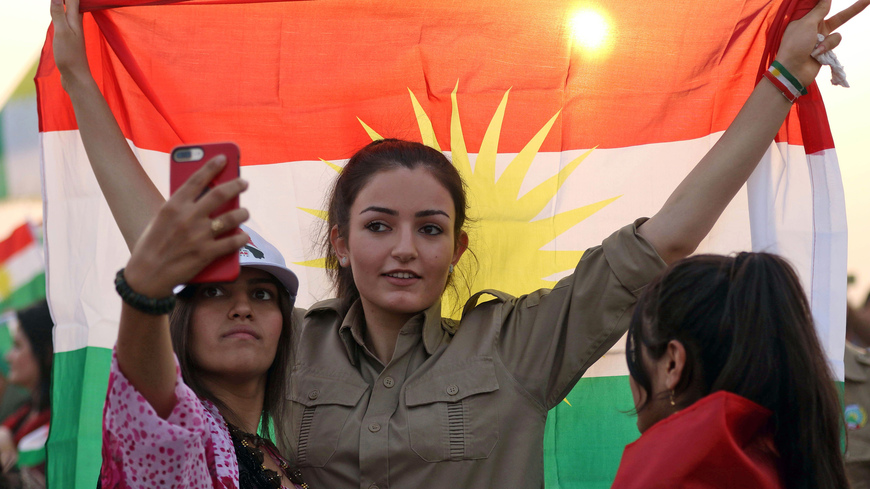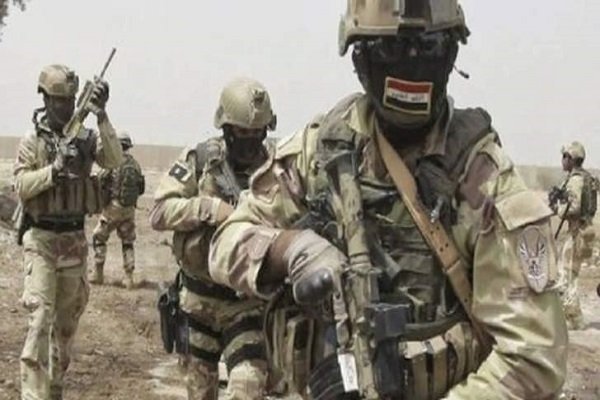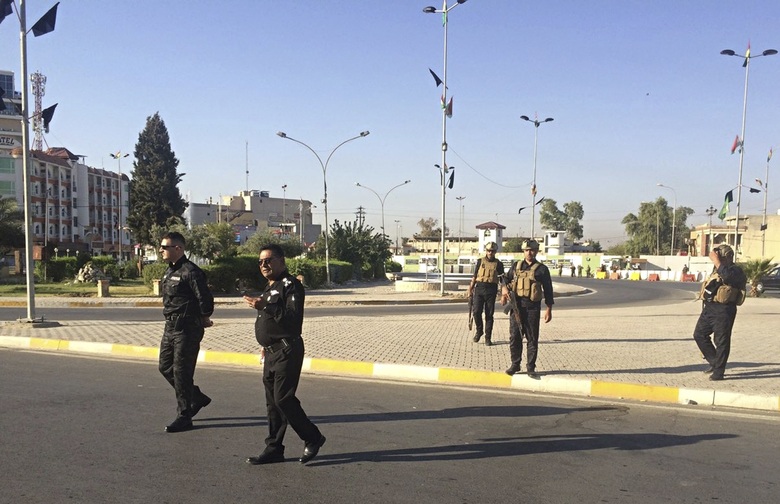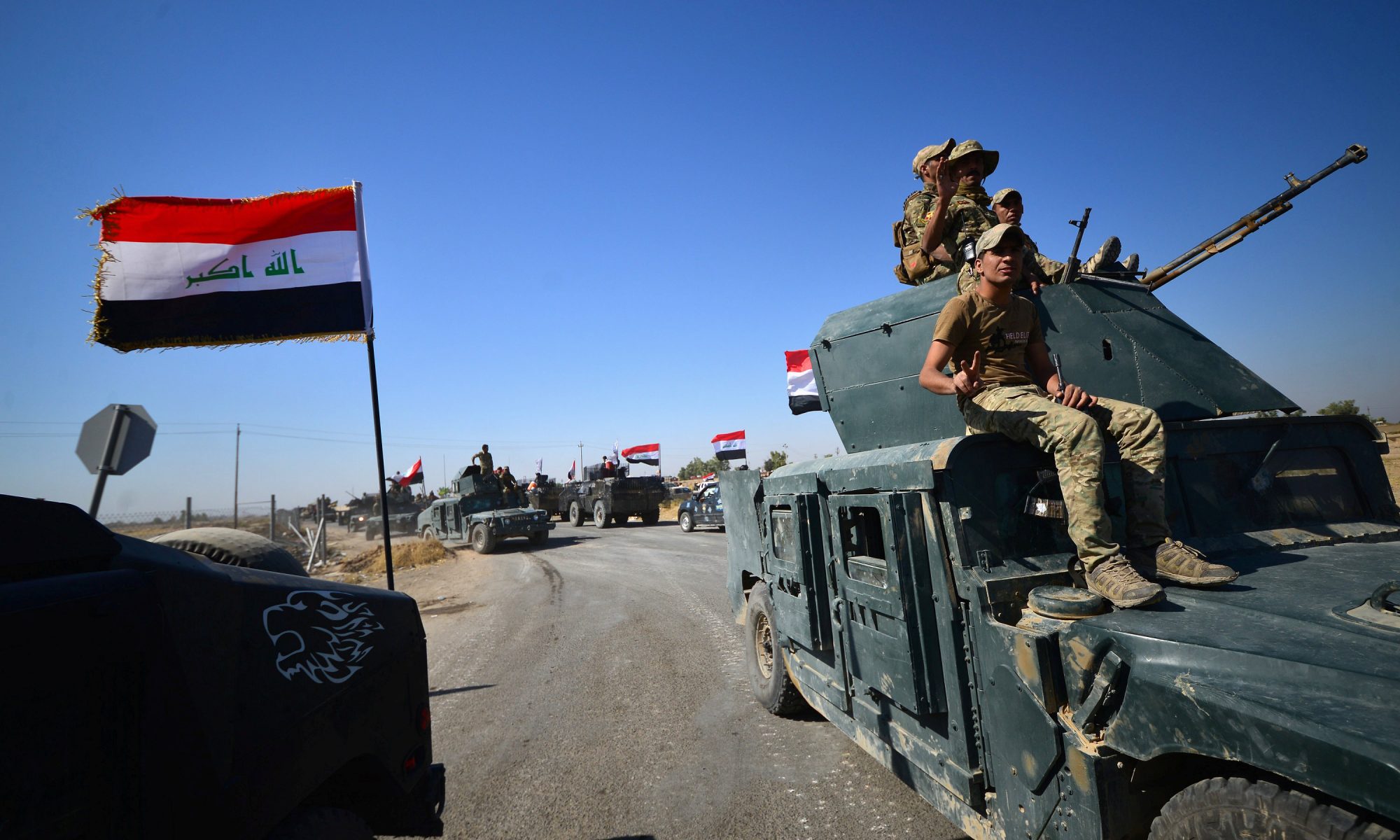By Mustafa Saadoun for Al Monitor. Any opinions expressed here are those of the author and do not necessarily reflect the views of Iraq Business News.
Iraqi-Saudi relations have witnessed significant improvement after years of boycott that had worsened during Nouri al-Maliki’s rule between 2006 and 2014. On Oct. 22, the establishment of a Coordination Council between the two countries was announced.
Iran, which is seeking to expand its influence in Iraq, might not like this rapprochement, especially following the latest meeting between Iraqi Prime Minister Haider al-Abadi and Saudi King Salman bin Abdul-Aziz Al Saud that took place with US blessing when US Secretary of State Rex Tillerson attended the launching of the Coordination Council.
Former Iraqi Ambassador to the US Lukman Faily told Al-Monitor, “Over the past years, the US attempted to take serious steps to mend ties between Iraq and Saudi Arabia. With this development, the region’s geopolitics will change.”
Saudi newspaper Asharq al-Awsat reported that the Iraqi-Saudi rapprochement will “curb the appetite of the parties that cause stability,” in a clear reference to Iran, which Saudi Arabia always accuses of “destabilizing the situation in the region.”
The results of the US-brokered Iraqi-Saudi rapprochement started appearing when Tillerson asked Iranian militias to leave Iraq, saying that the Iraqi-Saudi rapprochement will “counter some of the unproductive influences of Iran inside of Iraq.”
Hashem al-Haboubi, the deputy secretary general of the Iraqi National Accord movement spearheaded by Iraqi Vice President Ayad Allawi, told Asharq al-Awsat that the Iraqi-Saudi rapprochement might help Iraq break free from Iranian control.
The Iraqi-Saudi rapprochement does not include the Iraqi state in its explicit form only, but also expands to political parties that are at odds with Iran such as the Sadrist movement led by Muqtada al-Sadr, who visited Saudi Arabia and the United Arab Emirates two months ago and headed to Jordan recently to visit King Abdullah.

